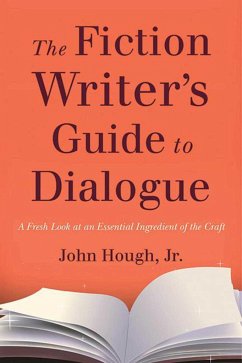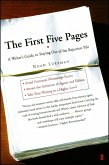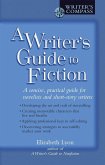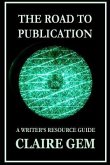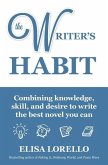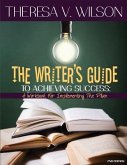Dialogue is often overlooked as a necessary and potent instrument in the novelist’s repertoire. A novel can rise or fall on the strength of its dialogue. Superb dialogue can make a superb novel. F. Scott Fitzgerald wrote, Action is character.” George V. Higgins said, Dialogue is character.” They were both right, because dialogue is action. It comprises much, if not all, of the clarifying drama of any novel. How much physical action can there be in 300 pages, even in a crime novel or a thriller? And all conflict, even physical, begins as dialogue. Hough explains how dialogue can reveal a character’s nature as well as his or her defining impulses and emotions. He says there must be tension in every colloquy in fiction, and shows the reader ways to achieve it. Hough illustrates his precepts with examples from his own work and from that of the best modern writers of dialogue, including Cormac McCarthy, Kent Haruf, Joan Didion, Annie Proulx, Lee Smith, Elmore Leonard, George V. Higgins, William Kennedy and Howard Frank Mosher. He cites early 20th century writers who refined and advanced dialogue as an art form: Ernest Hemingway, Ring Lardner, Dorothy Parker, and William Saroyan. Hough’s novel Seen the Glory: A Novel of the Battle of Gettysburg was praised by Lee Smith as containing the best dialogue of the period I have ever read.” Hough on Dialogue will give writers and aspiring writers a fresh look at one of the essential ingredients of their craft. Allworth Press, an imprint of Skyhorse Publishing, publishes a broad range of books on the visual and performing arts, with emphasis on the business of art. Our titles cover subjects such as graphic design, theater, branding, fine art, photography, interior design, writing, acting, film, how to start careers, business and legal forms, business practices, and more. While we don't aspire to publish a New York Times bestseller or a national bestseller, we are deeply committed to quality books that help creative professionals succeed and thrive. We often publish in areas overlooked by other publishers and welcome the author whose expertise can help our audience of readers.
Hinweis: Dieser Artikel kann nur an eine deutsche Lieferadresse ausgeliefert werden.
Hinweis: Dieser Artikel kann nur an eine deutsche Lieferadresse ausgeliefert werden.

